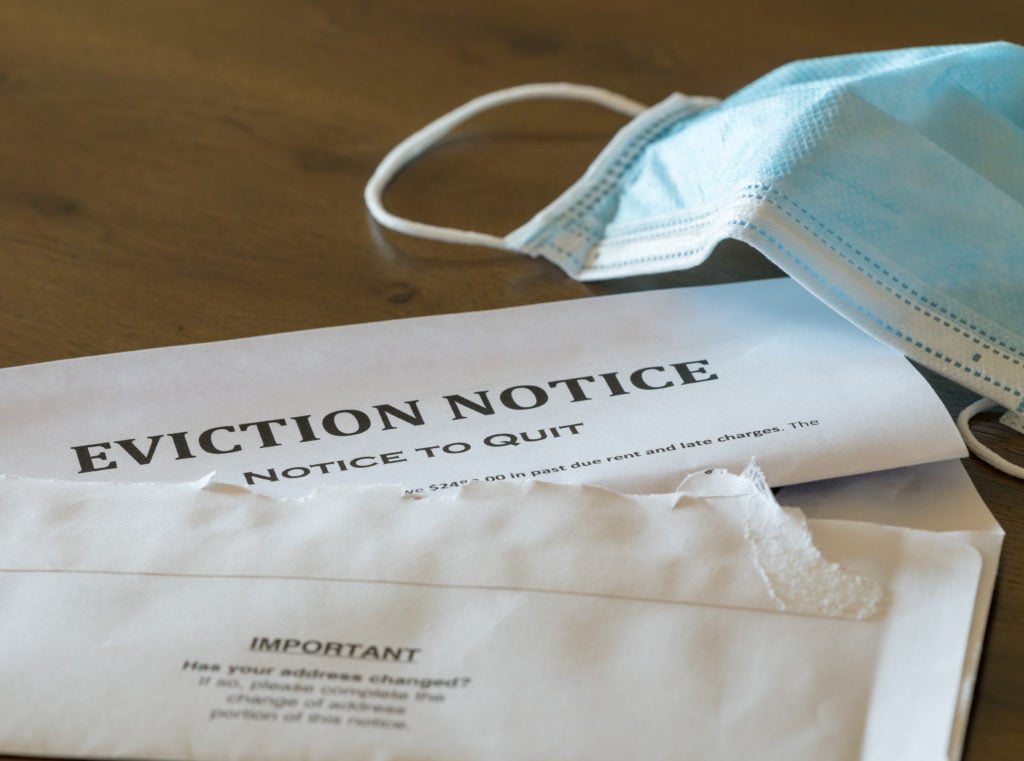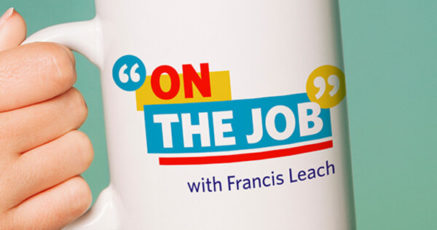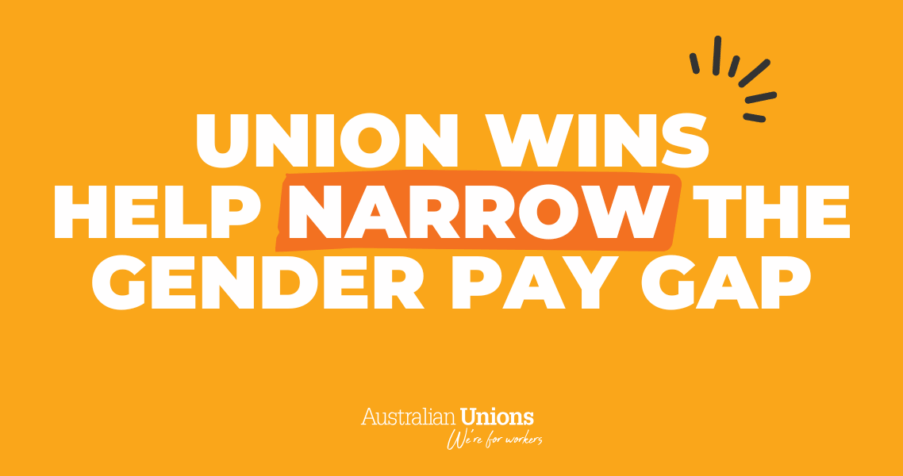Tonight, there are workers all over Australia who will be lying awake wondering if there will be enough money in their bank accounts to keep a roof over their heads.
In Melbourne, where the pandemic has hit hardest and lockdowns have meant those in insecure work have seen their income vanish in an instant, a rent crisis has taken hold.
Thousands of workers and families are facing the threat of losing their homes as the absence of JobKeeper, the paltry JobSeeker payment, and a prohibitive eligibility process for Scott Morrison’s ‘temporary COVID disaster payment’ leave financial assistance for workers in crisis out of reach.
Adding to the stress, the end of the mandated eviction moratorium in Victoria has left things on a hair trigger for struggling renters.
The plight of renters and tenants during the COVID-19 pandemic has thrown the spotlight on the corrosive dynamic that Australia’s insecure work economy has on workers and their communities.
This week, community organising outfit The Renters and Housing Union (RAHU), delivered a petition to the Victorian State Government signed by 1,300 renters and supported by 18 other organisations and unions calling for the reinstatement of rental protections and Federal Government COVID-19 wage support such as JobKeeper, as well as a properly resourced JobSeeker payment.
Eirene Tsolidis Noyce is the Secretary of the RAHU spoke with On the Job and said the response from renters had been overwhelming.
“We received 1300 signatories in less than seven days. Since then, we’ve continued to call that list of signatories to see how they’re going because there’s a huge number of people who are looking down the barrel of not only a half month’s rent lost, but the roof over their head potentially being lost as well.”

Tsolidis Noyce acknowledges that the use of lockdowns is an important public health measure, but its impact on workers in insecure jobs has had drastic consequences.
“We absolutely don’t discount the State Government’s need to ensure those restrictions because of that pandemic. But that said, the Federal and State Governments could and should be doing more to make sure that there’s not further fallout as part of a healthcare response,” the RAHU Secretary said.
“And for the Federal Government to not have reinstated JobKeeper at such a critical moment is a totally inadequate response.
“The [COVID disaster] payments that they are offering people – it’s an incredibly inadequate amount of money but also it’s out of reach for people who aren’t eligible for the payment itself.”
Michael is one such renter who has found the pandemic’s economic impact a bruising experience.
A PHD student, Michael had a long-term, casual job working in the tertiary education sector but as the pandemic took hold, his work evaporated and with it, so did his income.
The impact on his mental health was significant and with the added stress of not being able to find a job or pay the rent, at the start of 2021 he suffered serious setback to his mental wellbeing. The insecure work economy had left him hanging by a thread.
“From February until now, I’ve been unemployed. So, I’ve been surviving on my pretty meager savings, as well as support from friends and family,” Michael said.
“It took me quite a long time, partly due to the illness and partly due to Centerlink itself, to get signed up to JobSeeker. So, for that whole period, I was living on my savings and occasional bits of tutoring work, which was making like $40 a week.
“I’ve been applying for jobs often, you know, five or six a week, just trying to get my name out there. I did get one trial at a warehouse where I really enjoyed the work and they said I did a very good job, that everyone really liked me and that my resume was very good but they couldn’t give me the position.
“I’m sure other people are doing it much worse.”
Michael told On the Job that his entire working life has been one of casual and insecure employment and it has taken its toll.
“I have never had a job with job security. All the while I’ve been studying, I was working casual jobs, which is pretty typical. Despite working for the university and achieving some significant things for them, once the sh*t hits the fan, they can immediately say ‘we’re not going to renew your contract’.”
ACTU President Michele O’Neil agrees that the Federal Government’s response to the latest crisis facing those in insecure work has left workers like Michael in an invidious position.
“This payment [COVID disaster payment] leaves working people with nothing for a full week before a restricted number are able to access a small support payment, a third below the minimum wage and half the standard disaster relief payment, which will not secure their employment,” O’Neil said.
“The Morrison Government continues to avoid accepting responsibility for any part of the response to the pandemic, and their compounding failures are putting the health and economic strength of the entire country at risk.”






SHARE:
Scott Morrison’s insecure work economy won’t pay the rent